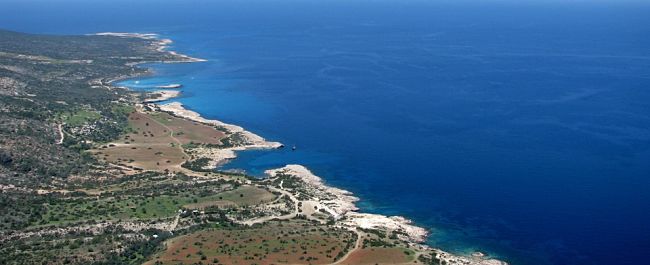Stakeholders’ participation: a fundamental prerequisite for equitable and functional Marine Protected Areas

This academic research on MPAs in Europe emphasises the importance of participatory processes in the establishment and management of MPAs.
About the research
Marine Protected Areas (MPAs) play an important role for the protection of representative habitats and species and for ensuring sustainable development of coastal communities. Environmental law recognises their importance.
In Europe, for instance, article 13(4) of the Marine Strategy Framework Directive 2008/56/EC requires the identification of “spatial protection measures, contributing to coherent and representative networks of marine protected areas” to achieve “good environmental status” of European seas by 2020.
Consequently, it is of primary importance that Italy, being a Member State of the EU, has an effective network of MPAs in place. There are a number of tools for both the establishment and management of MPAs in Italy, stemming from domestic and European law. Nevertheless, the establishment and management of MPAs are complex processes that present many challenges.
Policy implications
- Inclusivity: The choice of stakeholders who participate in marine protection decision-making should be as inclusive as possible and have a component of selfnomination, avoiding top-down decisions. An exemplar model is the Inshore Fisheries and Conservation Authorities in England, in which members of the public have the ability to self-nominate as members of the institution, following a rigorous selection process.
- Deliberative processes for the establishment of an MPA: Avoiding putting participants in pre-determined categories (e.g. fisheries, tourism, environmental protection) enables each participant to bring to the deliberative table a plurality of knowledges (e.g. fishers can express their ecological knowledge of the marine environment, not only discuss the economic side of fishing) and it minimises the potential for turning discussions into conflictual trade-offs among stakeholders.
- Co-management of the MPAs: It is important to establish co-management institutions for the MPAs reflecting the key characteristics of the local context.
- Transparency of decision-making: To avoid regulatory capture and to increase the trust of stakeholders and the public, management bodies need to be accountable and their decisions transparent (e.g. through internal audits accessible to the public).
Key findings
- Laws on protected areas do not consider the issue of participation in an exhaustive manner.
- However, ensuring the participation of stakeholders is fundamental both from an instrumental viewpoint (e.g. it contributes to compliance) and a normative one (it contributes to environmental justice in the administrative processes and a just distribution of costs and benefits).
- Participation has many different forms, from a simple right to be informed, to consultation to the right to actively contribute to environmental protection plans and projects. This latest form ensures the development of co-management.
- Academic literature on co-management does not discuss in depth who stakeholders are and how they should be identified but these are key questions for environmental democracy. According to the pragmatist philosopher Dewey, it is possible to identify stakeholders as the assembly of people called into being by the problem of being affected by actions that are beyond their individual control (that is to say, not only is the public emergent through the deliberative, democratic process, but the process itself is emergent from the concerns of the people that spontaneously identify as a public in response to perceived problems).
- For participatory forums to have normative value, deliberative processes need to produce consensus, otherwise there is the risk of divergent, conflictual interests among stakeholders leading to social conflicts (e.g. between public bodies and private stakeholders).
Further information
Website: www.ecologiesandidentities.com/
Relevant academic articles: www.bristol.ac.uk/law/people/margherita-pieraccini/publications.html
Policy Briefing 32: 2016
Stakeholders’ participation: a fundamental prerequisite for Marine areas (PDF, 176kB)
Contact the researchers
Dr Margherita Pieraccini,
Senior Lecturer, University of Bristol Law School
m.pieraccini@bristol.ac.uk
Authors
Dr Margherita Pieraccini, University of Bristol Law School
